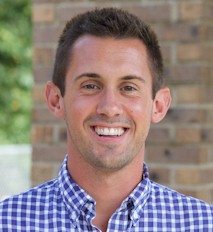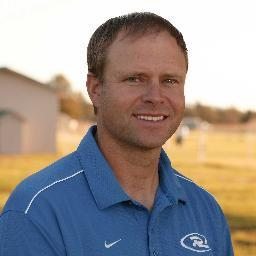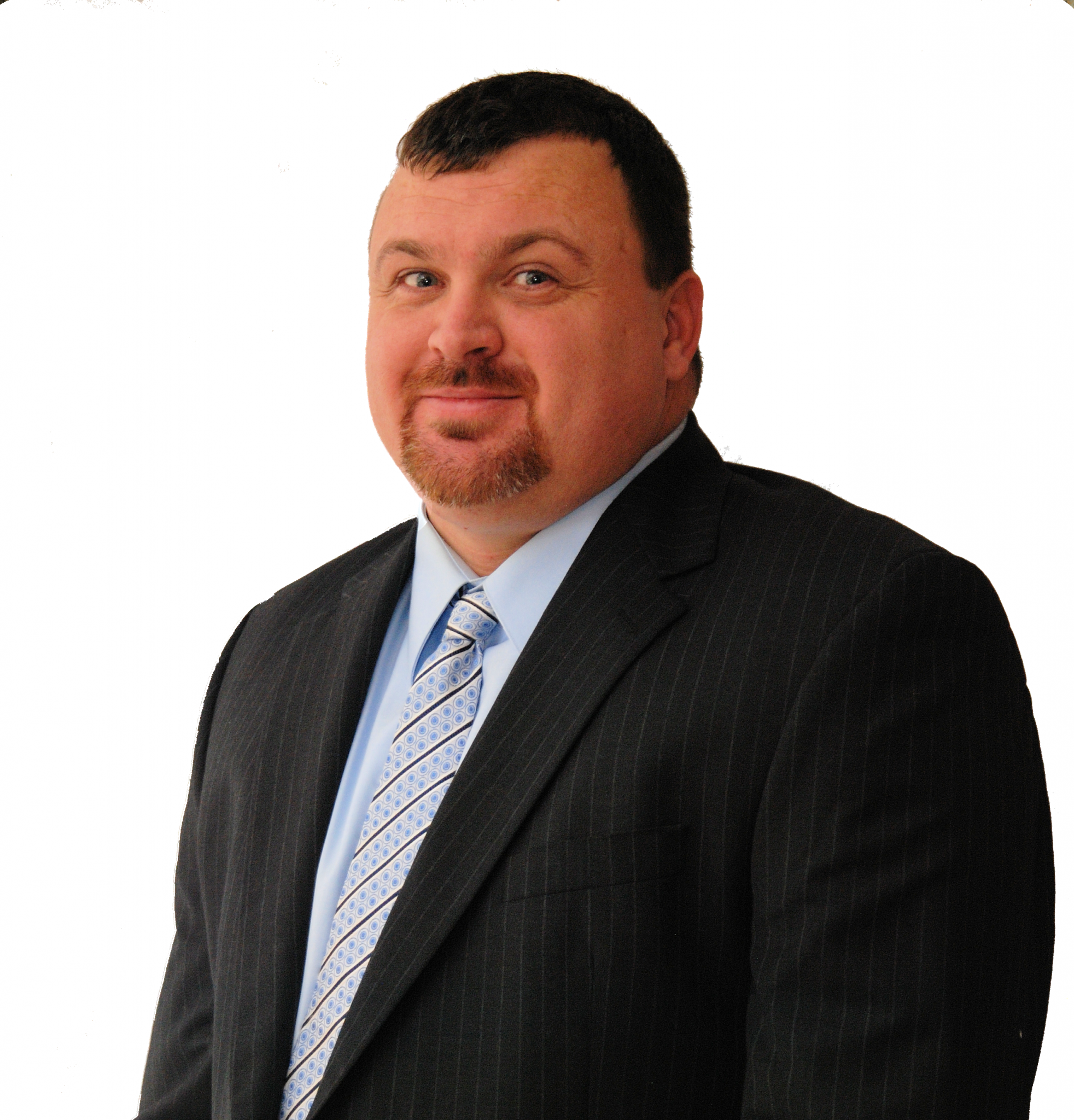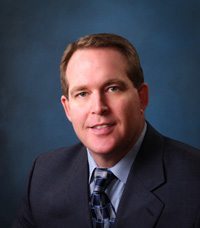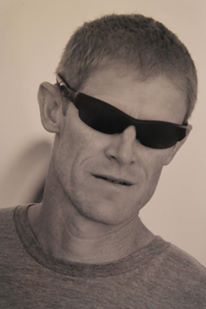April 30, 2015
WYC 043 – What a Sports Coach can learn from a Band Director – Cameron Gish talks Harnessing Enthusiasm and Creating a Vision
What does it take to be a winning youth coach? Listen in as Cameron Gish shares stories and discusses his journey to becoming a successful youth band director.
Cameron Gish is the band director at Hillsboro School. He is in his fourth year leading the band and teaching at Hillsboro. He has started the band from the ground up, and in just their 3rd year they received accolades in parades and competitions – including being awarded grand champion in their first year at the Franklin Rodeo Parade. Cameron attended Murray State University, where he was a three-year drum major for the 250-member Racer Band, and was named the Outstanding Senior Man of Murray State and gave the valediction at his commencement ceremony. Cameron’s passion for the kids and vision for creating excellence makes him a rare leader that coaches can learn a great deal from.
Listen Now:
Listen in ITunes: Itunes link
Listen in Stitcher: Stitcher link
Coaching/Leadership Quote
Whenever you encounter some adversity, your character will be revealed with how you respond
My Cringe & ‘Ah-Ha’ Moments
- Focus more on the process than the final product
Teaching Children & Keeping it Fun
- You have to figure out the motivation for the age group you are coaching (it’s different than what motivates adults)
- One important skill to develop in children is for them to understand deadlines and how to get things done
- Motivator idea: Cameron created a competition – a band Olympics – with multiple rewards and competitions
HUGE IDEA #1
- The ‘Music Video Game’ – Cameron utilizes a program for the kids to use at home that scores their performance while practicing at home – this fuels competition for the kids to want to beat their own score – and they will keep practicing until they can get their score up to a 100. Practice doesn’t make perfect – Perfect practice makes perfect
Mental Peak Performance
- ‘The more I practice, the less nervous I get’ – You will have game-day jitters out of excitement, but eliminate the jitters that come from not having practiced
- The game/performance is just your showcase to have fun and shows off the hard work you have been putting in
Discipline/Rewards/Teambuilding
- Harness their enthusiasm – A positive energy and a little bit of chatter is OK
- A good strategy is to start pretty tough and then back off slowly
- Cameron handles discipline offline and one-on-one
- Praise often and catch them doing something right
- Kids often act-out to get attention – so give the attention to kids doing it right instead of the on the ones mis-behaving
- Cameron tries to set up a big year-end fun trip and other offsite activities to just allow the kids to build relationships with each other and with you as the coach
Connecting with Kids
HUGE IDEA #2
- The Sunshine File – Cameron keeps a file of positive emails he gets from kids/parents – he then can open and read these when he’s having a bad day
Challenge and Free Giveaway – Shoot me a note complimenting Cameron on this interview – I will forward on to him, and send you a free copy of the Audio Highlights from the First 25 WYC Interviews (a $17 value) – Send email to: [email protected]
Winning
- Trophies are what happens after you do something great. Prepare to do something great, then don’t worry about the results and just enjoy yourself.
The One that got away
- ‘Whenever you encounter some adversity, your character will be revealed with how you respond.’
Best Stolen idea
- David Aydelott – Taught Cameron a model around creating a vision
Parting Advice
- It’s all about the relationship above everything else

